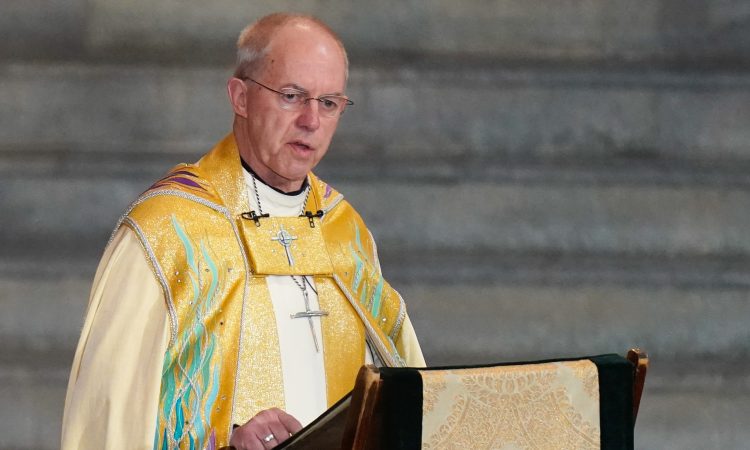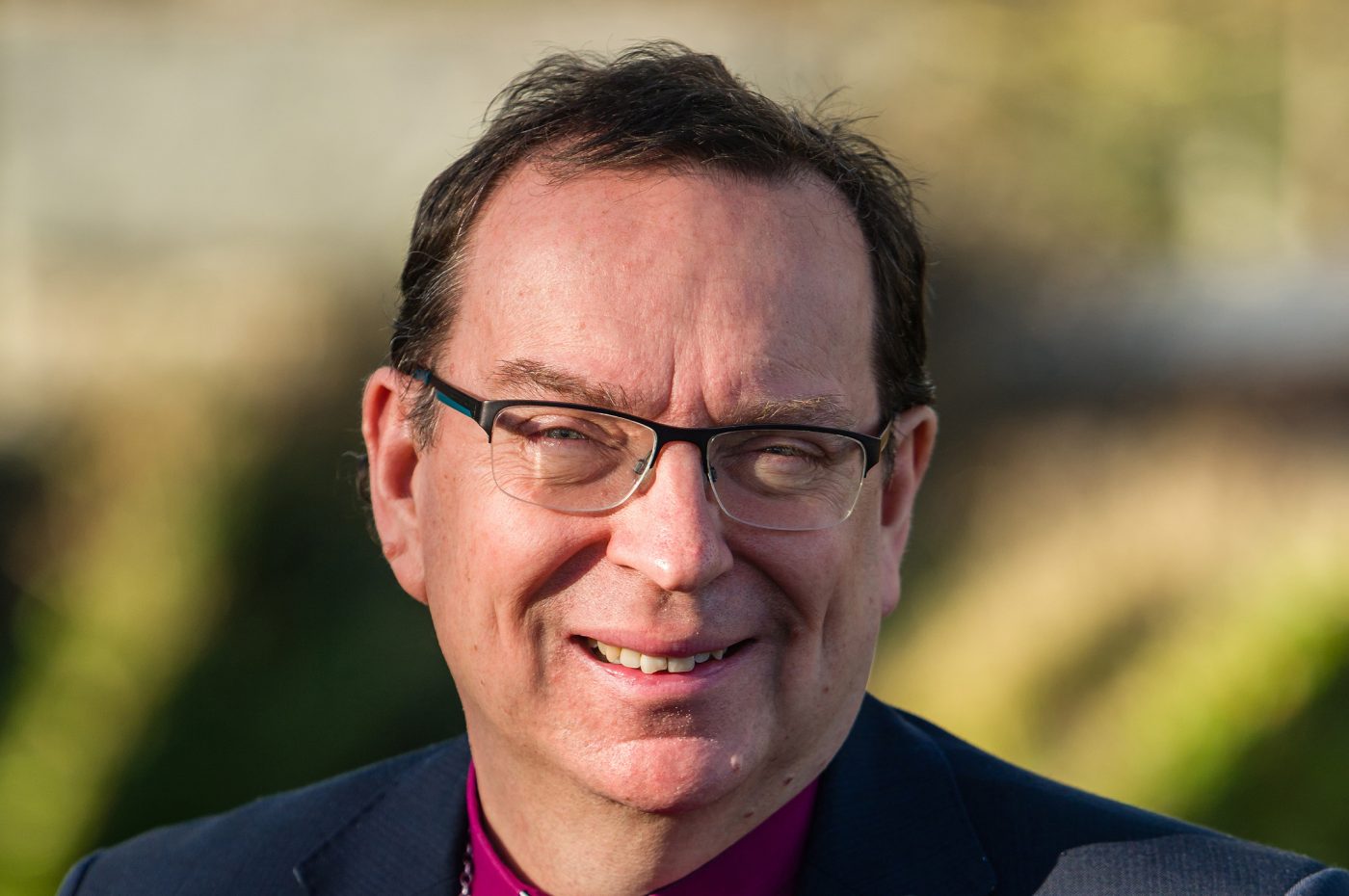A Necessary Reckoning”: Church Leaders Respond to Archbishop Welby’s Resignation Amid Safeguarding Failures

The Church of England has been rocked by the resignation of the Most Rev Justin Welby, the Archbishop of Canterbury, following mounting criticism over his handling of historic abuse cases, including those involving the late John Smyth, a prominent barrister linked to severe abuses within the church community. Welby’s departure has ignited a range of responses across the Church, underscoring deep-seated issues within its safeguarding practices and a growing call for cultural transformation.

The Archbishop of York, Stephen Cottrell, expressed profound sadness yet deemed Welby’s decision “the right and honourable thing.” Praising Welby’s years of advocacy for safeguarding reform, Cottrell emphasized a commitment to ensuring similar failings “never happen again.” However, his words echoed a church grappling with the shadows of its past and an urgent call to rebuild trust in its institutions.
Rt Rev Dr. Helen-Ann Hartley, Bishop of Newcastle, who played a pivotal role in advocating for Welby’s resignation, pointed out that this change does not resolve the Church’s longstanding failings in safeguarding, nor does it alleviate the trauma borne by survivors. Hartley urged a cultural shift, insisting that the Church must prioritize “protecting the vulnerable over its own reputation.”

Among other voices was the Bishop of Winchester, Rt Revd Philip Mounstephen, who expressed sorrow over Welby’s departure yet commended his “immense leadership.” Mounstephen spoke to the “appalling abuse” endured by victims in his diocese, admitting the necessity of relentless reform to “make God’s church as safe as it can be.” His words underscore the recognition of both individual and collective responsibility in fostering a safe environment within the Church.
Gavin Drake, a former General Synod member and outspoken advocate for survivors, criticized Welby’s resignation as an evasion of accountability, asserting that this departure “will NOT make the Church of England a safe place.” He warned that systemic flaws within the Church’s safeguarding structures continue to prioritize institutional reputation over meaningful reform.
Meanwhile, Rt Rev Stephen Conway, Bishop of Lincoln, who was implicated in the Makin report for a perceived lack of urgency in addressing Smyth-related allegations, admitted regret for not pressing Lambeth on these claims as far back as 2013. His acknowledgment reflects a wider reckoning among clergy named in the report, many of whom are now facing renewed scrutiny for their inaction.
Bishop Gill Duff of Lancaster shared her belief that this moment represents a spiritual awakening for the Church, asserting that “God is waking up the Church of England.” She voiced frustration over the Church’s governance gaps, highlighting a lack of clarity and accountability in safeguarding measures that has exacerbated survivors’ trauma and eroded public trust.
On social media, Christian leaders shared their responses, adding to the chorus of prayer and introspection. Krish Kandiah, a Christian author and advocate, remarked on Welby’s resignation as both necessary and painful, lauding his “strong, principled stance against the harmful Rwanda immigration deal” and his devotion to sharing the gospel. The Evangelical Alliance’s CEO, Gavin Calver, called for prayers for healing within the Anglican Church and the emergence of a leader suited to the challenges that lie ahead.
Bishop Joanne Grenfell of Stepney, who leads safeguarding for the Church of England, highlighted the re-traumatizing effects of the Makin report on survivors and reiterated that safeguarding responsibility “lies with every one of us.” Her call for a united stance underscores the pervasive need for the Church to adopt a collective, proactive approach in addressing and preventing abuse.
Yet perhaps the most personal reflection came from Rev Sam Wells, vicar of St Martin-in-the-Fields and close friend to Welby. He reflected on the tragedy of seeing the career of “a person of singular faith, courage, humility, and integrity” end under such circumstances, recognizing the weight of Welby’s decision in the face of mounting public and internal pressure.
As the Church of England faces this pivotal moment, Welby’s resignation is seen by many as the catalyst for overdue reforms and cultural realignment. The calls for accountability, transparency, and compassion underscore a reckoning that will likely shape the future of the Anglican Church. Church leaders and followers alike now await the appointment of a successor who will inherit not only Welby’s pastoral responsibilities but also the weight of healing a broken institution.




